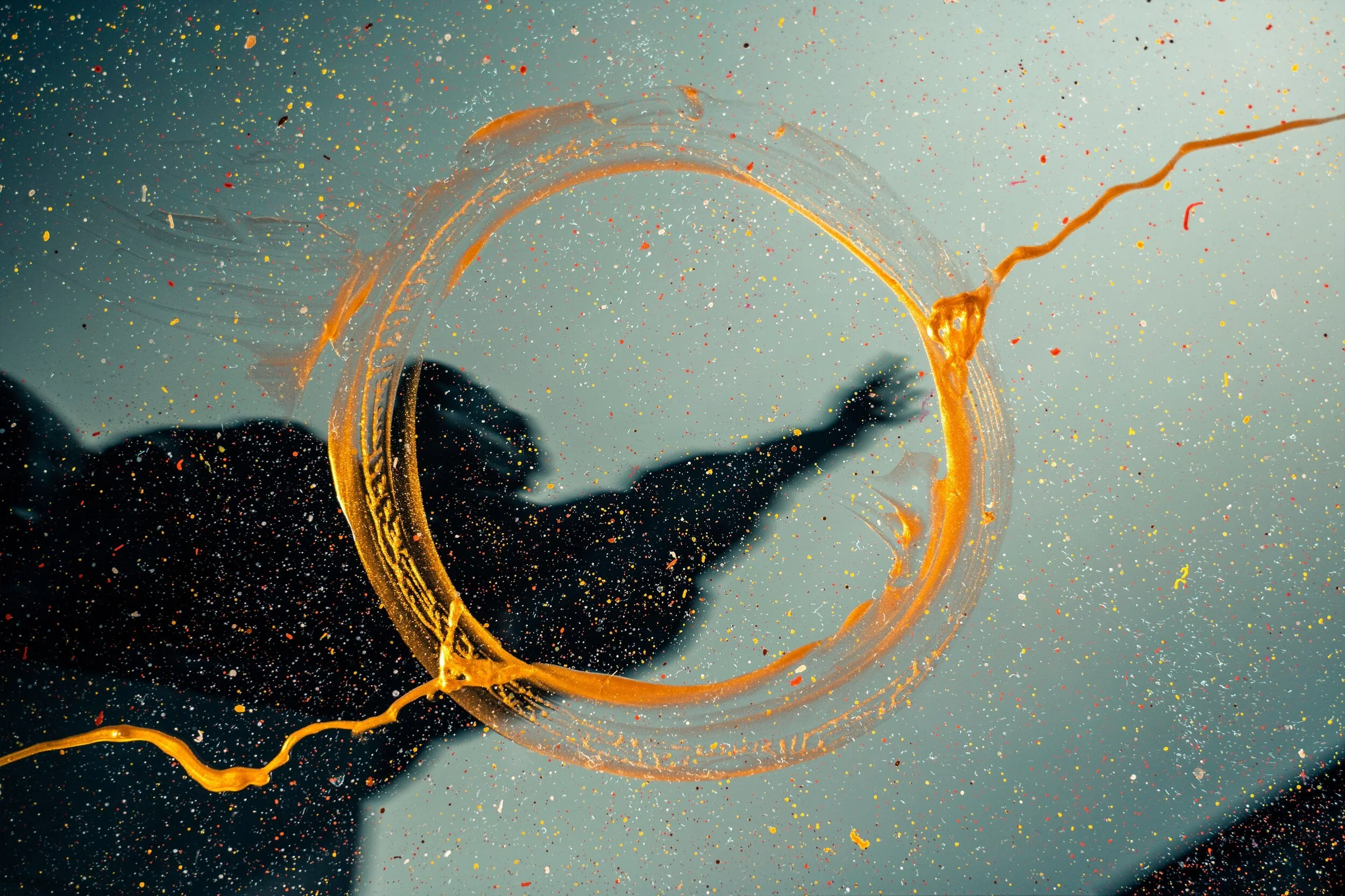Using Anger to Your Advantage
In this Q&A with Goop.com, Barry Michels and Phil Stutz get into the roots of anger, how to use its force for good, and two Tools for working with yours.
QUESTION: Is there such a thing as good or healthy anger?
BARRY: There are situations where anger is definitely healthy. In fact, lack of anger would be unhealthy. Healthy anger is a natural response to injustice, whether it’s directed at you or someone else. People who can’t get angry are subservient to authority. They allow themselves to be exploited and they watch passively while others are exploited.
Every one of us goes through the process of “individuation,” where you declare yourself a separate, free individual with his/her own independent view of life. You can observe this easily in a two-year-old who uses his anger to separate himself from his parents. Hence, the “terrible twos.” Prior to this age, the child has no clear sense of existing separate from his environment and the people in it. So anger is healthy, and indispensable in the process of individuation.
PHIL: Anger is like a fuel that propels you forward through different life stages. What Barry just described in toddlers repeats itself when you’re a teenager. And in our modern society—where so many children don’t separate from their family until their twenties or even their thirties—it can occur again as the force that allows you to make the final break.
The philosopher Rudolf Steiner said that, regardless of age, becoming an individual has three steps: The first step is rage. The second step is the ability to completely control and dismiss your rage. The third and highest step is the ability to love. You can’t be fully loving until you go through the first two steps. Love is weak until you’ve used anger to separate from the person you love.
Q: When does anger become unhealthy?
BARRY: Anger is unhealthy when it’s used as a defense against vulnerability. Vulnerability is a universal human condition; it manifests as anxiety, triggered by the sense that you are alone in a universe that could hurt you at any time. Or, it can manifest as hurt feelings—the experience of defenselessness in a universe that refuses to give me the respect or validation I deserve.
For most human beings, these raw emotions are humiliating. We’d rather get angry than admit our deep feelings of vulnerability. As a therapist, I see this all the time. I’ll have a patient who’s a muscle-bound, tatted-up biker who looks like he wants to beat the crap out of you, yet within ten minutes he’s crying because he’s so scared and so sensitive.
Q: Is getting angry the same thing as venting?
Barry: It’s really important to distinguish between anger as an emotion you feel inside, versus what you express and how you express it. Most people collapse the distinction between these two, and when they feel anger, they just express it in some way, automatically. But a lot of anger has to actually be worked with inside yourself.
Think of anger as an independent energy inside you that you want to work with and transform first. Then you can make a decision about whether or not you’re going to express something. Essentially that’s what the Active Love Tool does—it helps you work with the anger before you decide to express it or not.
Phil: Our thesis is that anything and everything can be a creative act, but you have to use The Tools to transmute what you’re working with. Trying to control your anger by gritting your teeth or holding it down becomes a habit that can make you ill over time, and it’s a waste of the anger.
Q: What’s a good way to express anger?
Barry: There are three things you need to give up before you express your anger. First, you have to admit to yourself, before you say anything to the other person, that you’re still going to be vulnerable, you’re still going to get hurt, and that bad things could still happen to you.
The second is to realize that you’re not expressing your anger to get a result, like an apology or an admission. Our fantasy is that the other person will have a light bulb go off and suddenly say, “Oh, my God! You’re so right!” That’s unrealistic.
The third thing to give up is the idea that you have a monopoly on the truth. When I get angry, I feel self-righteous. I feel like I know, for sure, how things are or how they should be. And so what I try to do is say to myself, “You know what? I feel like I’m right, but I could very easily be wrong, completely wrong.”
If you give these things up, expressing your anger becomes about giving the other person information about the impact they’ve had on you, and offering them a chance to respond, even if their response is, “You’re full of sh*t.”
Q: How can we use anger more productively? Which Tool is helpful if anger is undermining your life?
Barry: Impulsive anger undermines you because you have no control over it. With impulsiveness, you don’t even have time to think. The Tool we recommend most often for impulses is the Black Sun. Using the Tool, if nothing else, forces you take 10 seconds to slow down before acting. The Tool is designed to be used in any situation where you’re tempted to go for immediate gratification: food, alcohol, spending, etc. Anger is another form of self-gratification that the Tool will help control.
THE BLACK SUN
1. DEPRIVATION: Hold back your rage and feel deprived of the gratification you desire. Then let go of the desire for gratification altogether and as you do let the outside world disappear.
2. LOOK INSIDE YOURSELF: The sense of deprivation has now become an endless void. Face this void calmly.
3. FULLNESS: From the depths of the void, imagine a Black Sun ascending and expanding inside until you become one with its warm, limitless energy.
4. GIVING: Look out to the outside world once more. The Black Sun energy will overflow, surging out of you. As it enters the world, it becomes a pure, white light of infinite giving.
Originally published on goop.com as The Roots of Anger—and Usings Its Force for Good.










